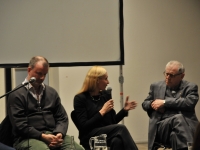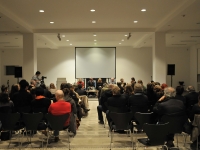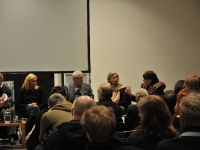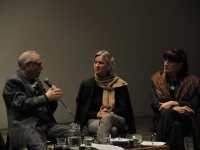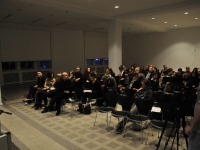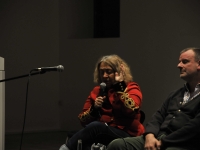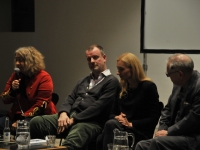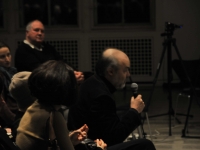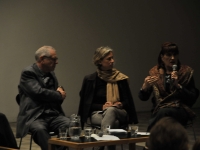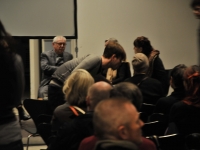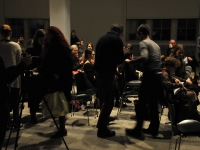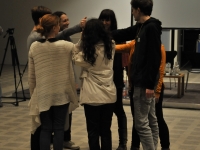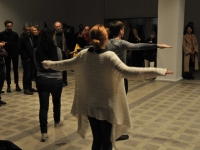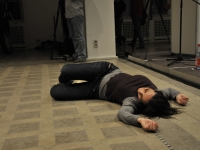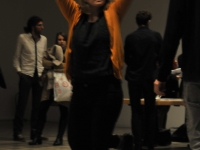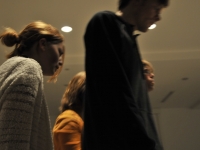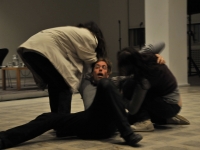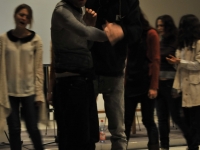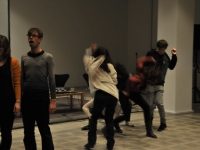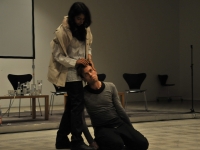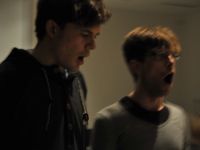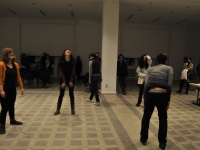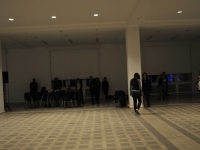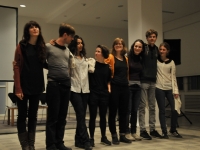SYMPOSIUM
The Russians Have A Word For It:
BALAGAN and the World Outside
Wednesday 16 December @ 14:00 – 20:00
At Hamburger Bahnhof – Museum für Gegenwart – Berlin
Invalidenstraße 50-51, 10557
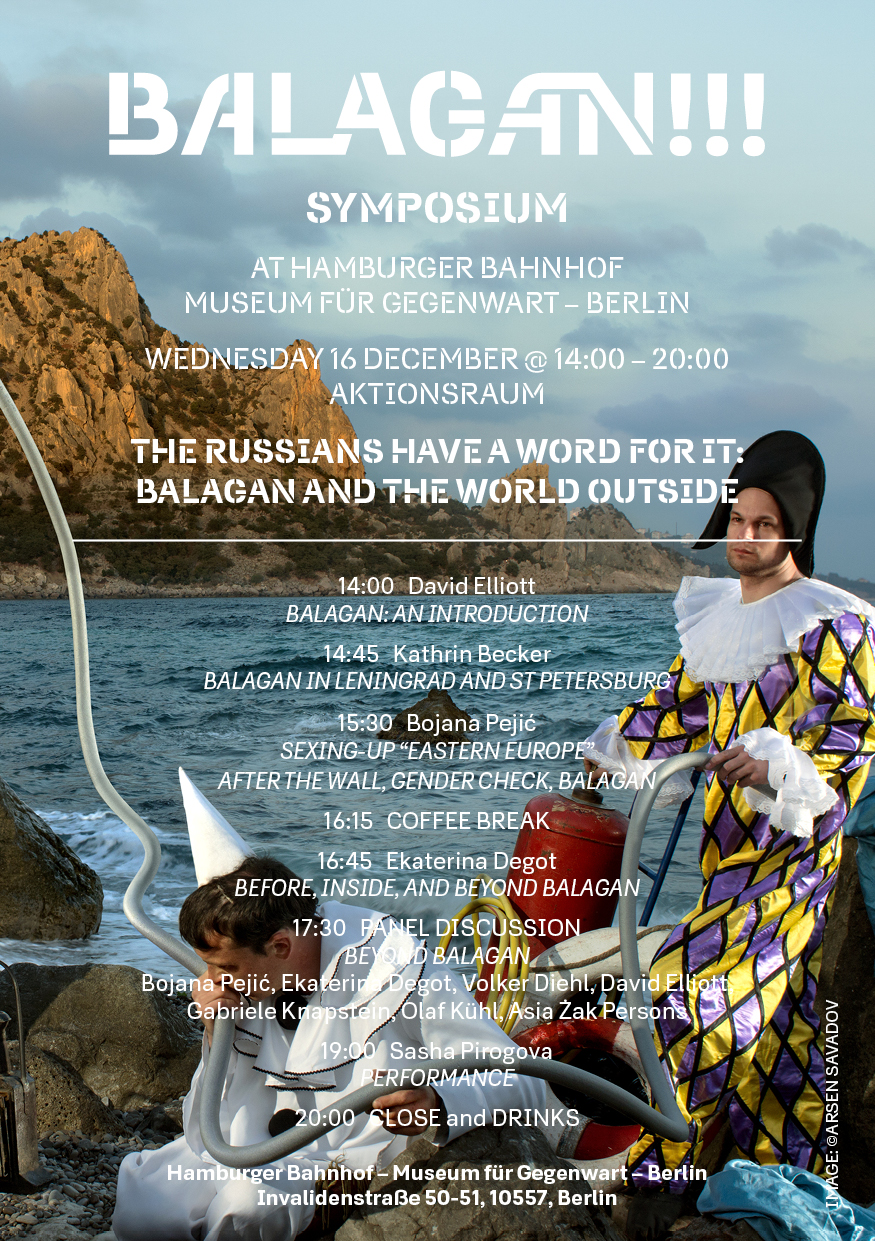
 |
Symposium Videos:
BALAGAN: AN INTRODUCTION
By David Elliott
BALAGAN IN LENINGRAD AND ST. PETERSBURG
By Kathrin Becker
SEXING-UP “EASTERN EUROPE”
AFTER THE WALL, GENDER CHECK, BALAGAN
By Bojana Pejić
BEFORE, INSIDE, AND BEYOND BALAGAN
By Ekaterina Degot
BEYOND BALAGAN
With Bojana Pejić, Katya Degot, Volker Diehl, David Elliott,
Gabriele Knapstein, Asia Żak Persons
BALAGAN!!!
Contemporary Art from the Former Soviet Union
and Other Mythical Places
Curated by David Elliott
14 November – 23 December 2015
Speakers:
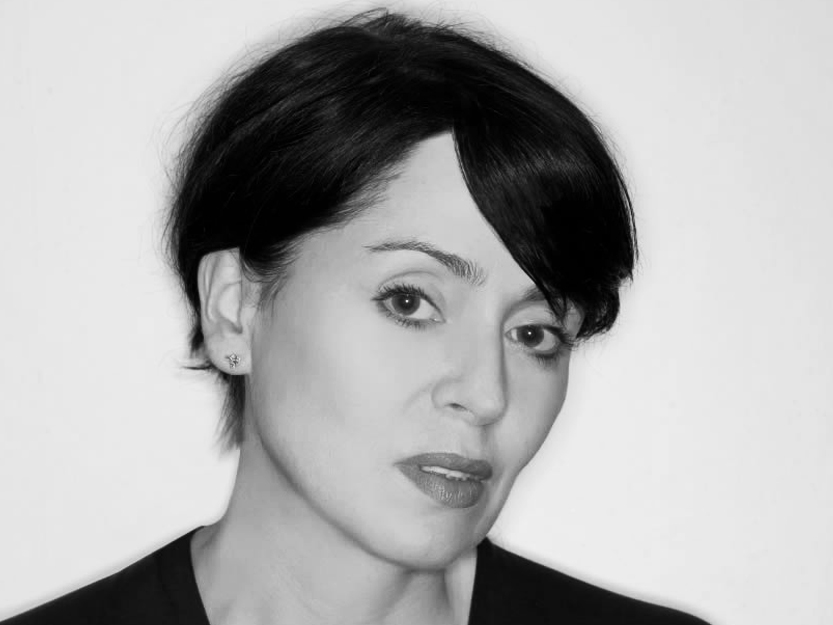
Kathrin Becker
Kathrin Becker is a Berlin based curator and writer who currently works as the head of the Video-Forum of Neuer Berliner Kunstverein (n.b.k.). Having studied art history and Slavic languages in Bochum, Moscow, and St. Petersburg, she made her first experiences as a curator in the field of cultural exchange between Russia and the West. From the late 1990s, Becker developed an international curatorial profile and worked in the field of the interference of popular and high cultures, global visual languages, and institutional practice as a method of cultural foreign policies between Western, East European and Middle Eastern societies.
Kathrin Becker has curated numerous exhibitions in institutions such as Neuer Berliner Kunstverein (n.b.k.), Berlin; National Centre For Contemporary Art, Moscow; P.S. 1 Museum / The Institute of Contemporary Art, New York; National Museum for Contemporary Art, Oslo; Fotomuseum Winterthur; Mies van der Rohe Pavillon, Barcelona; Contemporary Art Centre, Vilnius; Gallery of the Capital Prague; Kunst-Werke Berlin / KW Institute for Contemporary Art; Moscow House of Photography. She has curated solo shows including artists such as Nairy Baghramian, Ursula Biemann, Louise Bourgeois, Kajsa Dahlberg, Maryam Jafri, Laura Horelli, Allan Kaprow, Takuji Kogo / John Miller, Christiane Möbus, Andrei Monastyrski, Matthias Müller, Hajnal Németh, Dmitri A. Prigov, Laure Prouvost, Oliver Ressler, Ira Schneider, Anatoly Shuravlev, Ming Wong, Yevgeny Yufit, Vadim Zakharov / Niklas Nitschke, David Zink Yi, and Artur Zmijewski and group shows such as Stalin’s Choice – Soviet Socialist Realism 1932-1956; Flight – Departure – Disappearance. Moscow Conceptual Art; Can you hear me? 2nd Ars Baltica Triennial of Photographic Art; Remake Berlin; No more bad girls? and Feminismen. In 2012, Kathrin Becker worked as the curator of the 3rd Moscow International Biennial For Young Art (MIBYA). In 2014, she realized the International Symposium Video Trajectories that looked at contemporary video art practice from the perspectives of presentation, technological change, production and the public. Kathrin Becker has published widely in exhibition catalogues and magazines and served on numerous curatorial teams, advisory boards and juries.
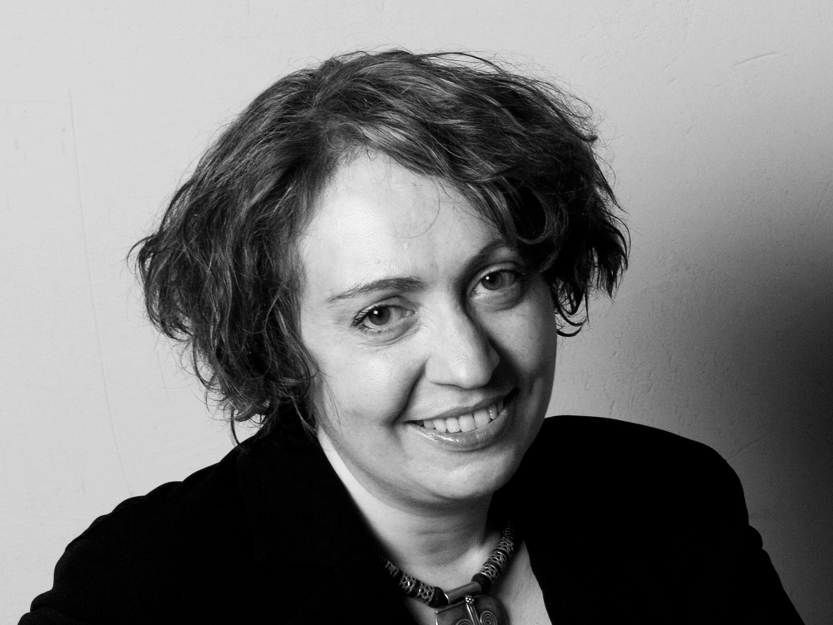
Ekaterina Degot
Ekaterina Degot is a Moscow-born art historian, writer, and curator, Artistic Director at the Academy of Arts of the World, Cologne, and professor at the Alexander Rodchenko Moscow School of New Media and Photography in Moscow. Her recent curatorial projects include: What Did the Artist Mean by That?, Moscow Museum of Modern Art, 2014 (with Yuri Albert), Monday Begins on Saturday, First Bergen Assembly, Bergen, Norway, 2013 (with David Riff). She co-edited Post-Post-Soviet?: Art, Politics and Society in Russia at the Turn of the Decade (Chicago University press, 2013). Degot is laureate of the Igor Zabel Award for Culture and Theory (2014).
Degot’s work focuses on aesthetic and sociopolitical issues in Russia and Eastern Europe, predominantly in the post-Soviet era. She has worked as a senior curator at the State Tretyakov Gallery. In 2001, she curated the Russian pavilion at the Venice Biennial. Shows she has co-curated include Body Memory: Underwear of the Soviet Era (with Julia Demidenko; City History Museum, St Petersburg, 2000, City Museum, Helsinki, Volkskundemuseum, Vienna, a.o.); Berlin-Moskau / Moskau-Berlin 1950-2000 (with Juergen Harten a.o., Martin-Gropius-Bau, Berlin, and the History Museum, Moscow, 2003-04), and European Atelier (Central House of Artists, 2009), Soviet Idealism (Musée de l’art wallon, Liège, 2005) and If. Ukrainian Art in Transition (PERMM art museum, Perm, 2010). Together with Cosmin Costinas and David Riff, she curated the First Ural Industrial Biennial in Yekaterinburg under the title Shockworkers of the Mobile Image (2010). In 2011 she presented (with Joanna Mytkovska and David Riff) Auditorium Moscow – a self-educational initiative, a place for meeting and discussion, and an international exhibition. In 2012, she curated Art After the End of the World, the discussion platform of the First Kiev Biennial of Contemporary Art Arsenale, and Time/Food in Stella Art Foundation in Moscow, with Anton Vidokle and Julieta Aranda. Together with David Riff she curated the first Bergen Assembly under the title Monday begins on Saturday in 2013. She has worked as art columnist for the newspaper Kommersant, and from 2008 until 2012 she was senior editor of www.openspace.ru/art, an independent online magazine of art news, art criticism and cultural analysis. She regularly contributes to Artforum, Frieze and e-flux magazine. Her books include: Terroristic Naturalism (1998), Russian 20th-Century Art (2000) and Moscow Conceptualism (with Vadim Zakharov, 2005). She recently co-edited Post-Post-Soviet?: Art, Politics and Society in Russia at the Turn of the Decade (with Ilya Budraitskis and Marta Dziewanska, 2013).
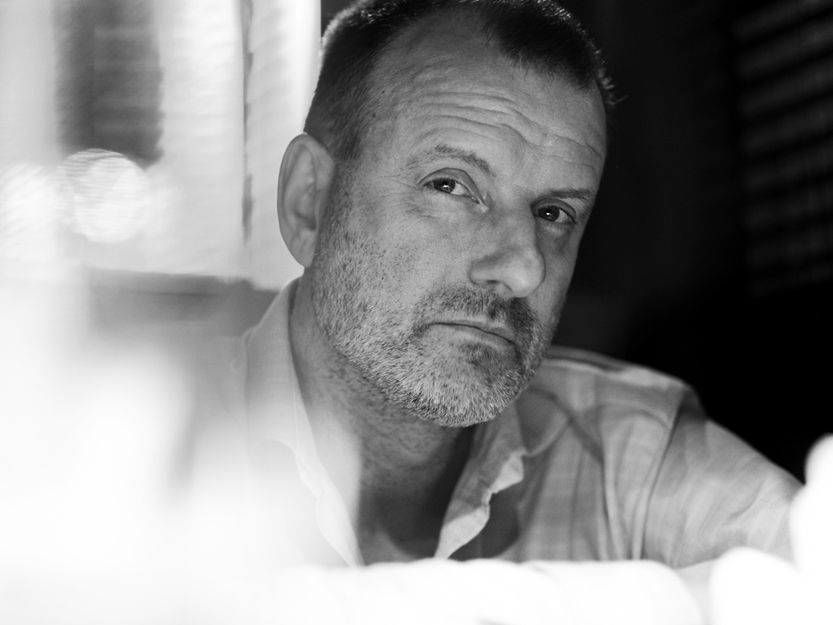
Volker Diehl
Volker Diehl, born in Neheim-Hüsten (now Arnsberg), is a gallerist and curator. Having studied art history in Münster and at the Free University of Berlin, he subsequently worked as assistant to the curators Christos Joachimides and Norman Rosenthal on the international art exhibition “Zeitgeist” at Martin Gropius Bau Berlin in 1982. After seven years of working at Berlin’s gallery Folker Skulima, in 1990 he took over the gallery and re-named it Volker Diehl. In 1996 – 2002 Diehl became the co-funder and director of the international art fair Art Forum Berlin. From 2000, gallery Volker Diehl expanded with several branches in Berlin, and 2008 marked the opening of DIEHL + GALLERY ONE in Moscow, which ran for two years. In 2013 Diehl opened a project space in Berlin called Diehl CUBE.
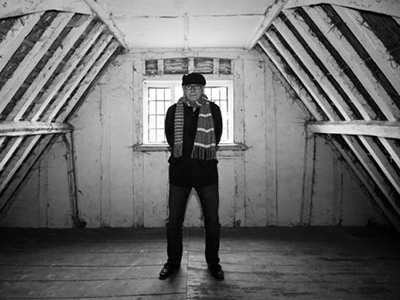
David Elliott
David Elliott is an English born curator and writer. He was Director of the Museum of Modern Art in Oxford, England (1976-1996); Director of Moderna Museet [The National Museum of Modern and Contemporary Art] in Stockholm, Sweden (1996-2001); Founding Director of the Mori Art Museum in Tokyo (2001-2006); the first Director of the Istanbul Museum of Modern Art [Istanbul Modern] (2007); Artistic Director of The Beauty of Distance: Songs of Survival for a Precarious Age, the 17th Biennale of Sydney (2008–2010); in 2012 he was Artistic Director of The Best of Times, The Worst of Times, Rebirth and Apocalypse in Contemporary Art, the 1st International Kyiv Biennale of Contemporary Art (2011-12); he was Artistic Director of A Time for Dreams, the IV International Moscow Biennale of Young Art (2014). David Elliott was the Rudolf Arnheim Guest Professor in Art History at the Humboldt University, Berlin (2008) and Visiting Professor in Museum Studies at the Chinese University in Hong Kong (2008/11/13). From 1998 until 2004 he was President of CIMAM (the International Committee of ICOM for Museums of Modern Art). He is Hon President of the Board of Triangle Art Network/Gasworks in London. A specialist in Soviet and Russian avant-garde, as well as in modern and contemporary Asian art, he has published widely in these fields as well as on many other aspects of contemporary art. In 1996 he was co-curator of Kunst und Macht im Europa der Diktatoren 1930 bis 1945 at the Hayward Gallery, London and the Deutsches Historisches Museum in Berlin and in 2000-2001 was Artistic Director of the exhibition After the Wall: Art and Culture in Post-Communist Europe at Moderna Museet, Stockholm, Ludwig Museum, Budapest and Hamburger Bahnhof, Berlin. In 2011 he curated Between Heaven and Earth. Contemporary Art from the Centre of Asia at Calvert 22, London. He is the Chief Curator of BALAGAN: Contemporary Art from the Former Soviet Union and Other Mythical Places, organized by MOMENTUM.
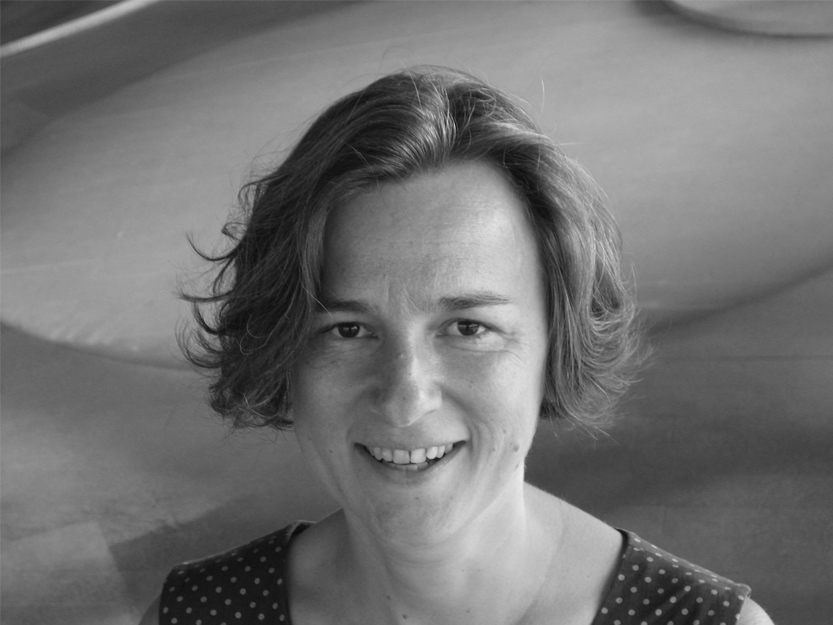
Gabriele Knapstein
Dr.Gabriele Knapstein (b. 1963) is an art historian, living in Berlin. Her PhD thesis on the event scores by Fluxus artist George Brecht was published in 1999. Since 1994, she is working as a curator for the Institute for Foreign Cultural Relations (ifa) and other institutions. In 2001 together with Hou Hanru and Fan Di’an, Knapstein curated the exhibition Living in time. 29 contemporary artists from China at Hamburger Bahnhof – Museum für Gegenwart – Berlin. Since 2003, she has worked as curator at Hamburger Bahnhof, becoming Head of Exhibitions in 2012. Since 1999, Knapstein has been working on the realization of the ongoing series Works of Music by Visual Artists. Selected recent exhibitions at Hamburger Bahnhof: Susan Philips. Part File Score (2014), Wall Works (2013-2014), Ryoji Ikeda. db (2012), Architektonika. Art, Architecture and the City (2011-2012), Bruce Nauman. Dream Passage (2010). She was involved in organizing the exhibition After the Wall. Art and culture in post-Communist Europe (2000–2001), curated by David Elliott and Bojana Pejić, which took place at Hamburger Bahnhof and Max Liebermann Haus.
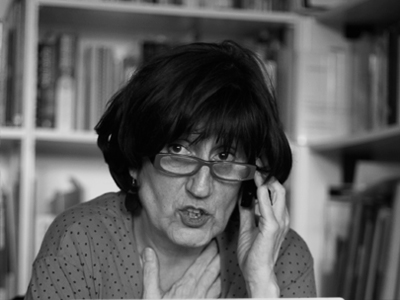
Bojana Pejić
Bojana Pejić (born in Belgrade, Yugoslavia), is an art historian and curator, living in Berlin since 1991. Having studied History of Art at the Faculty of Philosophy in the University of Belgrade, from 1977 to 1991 she was curator at the Student Cultural Center of Belgrade University and organized many exhibitions of Yugoslav and international art. She started to write art criticism in 1971 and was editor of art theory journal “Moment, Belgrade” (1984 – 1991). She organized an international symposium “The Body in Communism” at the Literaturhaus in Berlin in 1995. She was Chief Curator of the exhibition After the Wall – Art and Culture in post-Communist Europe organized by David Elliott at the Moderna Museet, Stockholm, (1999), which was also presented at the Museum of Contemporary Art – Foundation Ludwig, Budapest (2000), and at HamburgerBahnhof, Berlin (2000-2001). She was one of the co-curators of the exhibition Aspects/Positions held in the Museum of Contemporary Art – Foundation Ludwig, Vienna in 1999. Between 2002 and 2004, she was one of international advisers of the Contemporary Art Museum in Kumamoto (Japan) where she also curated a retrospective of Marina Abramovic (2003), which also toured to Morigame (Japan). In 2003, she had the Rudolf Arnheim guest professorship at the Humboldt University in Berlin (history of art). She was adviser of the project De/Construction of Monument organized by the Center for Contemporary Art in Sarajevo where she also held seminars at the Academy of Fine Arts dedicated to the “Communist Body.” (2004-2005) In May 2005 she has defended her Ph.D. “The Communist Body – An Archeology of Images: Politics of Representation and Spatialization of Power the SFR Yugoslavia (1945 -1991)”. She was a Maria Goeppert-Mayer guest professor for International Gender Research at the Institute for Cultural Studies at the University in Oldenburg (2006-2007). Bojana Pejić is the chief curator of Gender Check: Femininity and Masculinity in the Art of Eastern Europe (2009-2010) at MUMOK, Vienna and the Zacheta National Gallery of Art, Warsaw. She is also the editor of the “Gender Check Reader”. Dr. Bojana Pejić teaches at the Bauhuas University in Weimar and works as an independent curator and writer. She is co-curator together with Rachel Rits-Volloch of the upcoming follow-up exhibition to BALAGAN!!!, entitled Beyond BALAGAN – Hero Mother – Contemporary Art by Post-Communist Women Rethinking Heroism (2016).
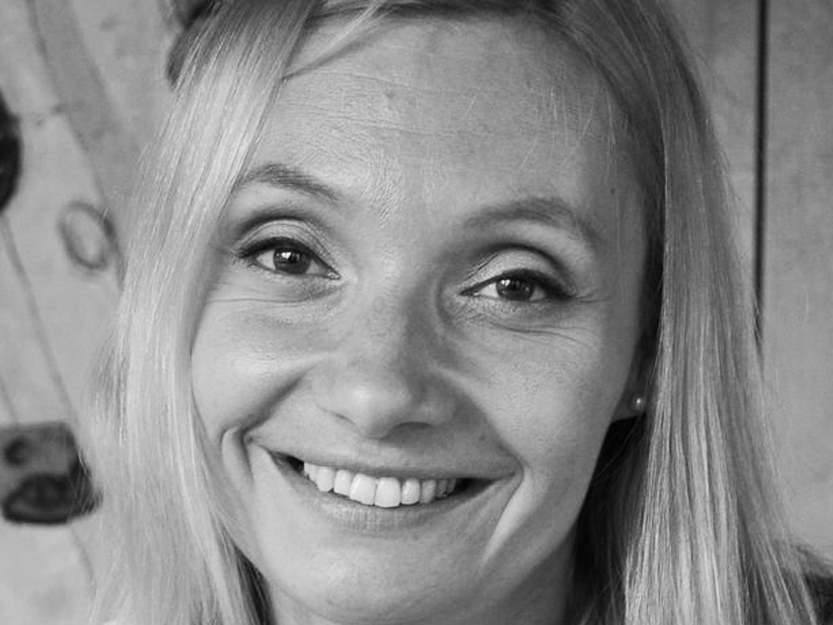
Asia Żak Persons
A graduate of the Academy of Fine Arts in Krakow, Asia Żak Persons (b. in 1971 in Krakow, Poland) initially organised the Month of Photography before opening in 2008, together with Monika Branicka, ŻAK | BRANICKA gallery in Berlin, where artists from different generations with strong ties to Eastern Europe and Conceptual and Avant Garde Art are represented. Also in 2008, together with Monika Branicka, she co-founded the ŻAK BRANICKA Foundation in Krakow, Poland, that strives to help those artists by supporting projects outside the gallery as well as with publications. Asia Żak Persons was a board member of ViennaFair for many years and is a regular contributor for catalogues and books of contemporary art.
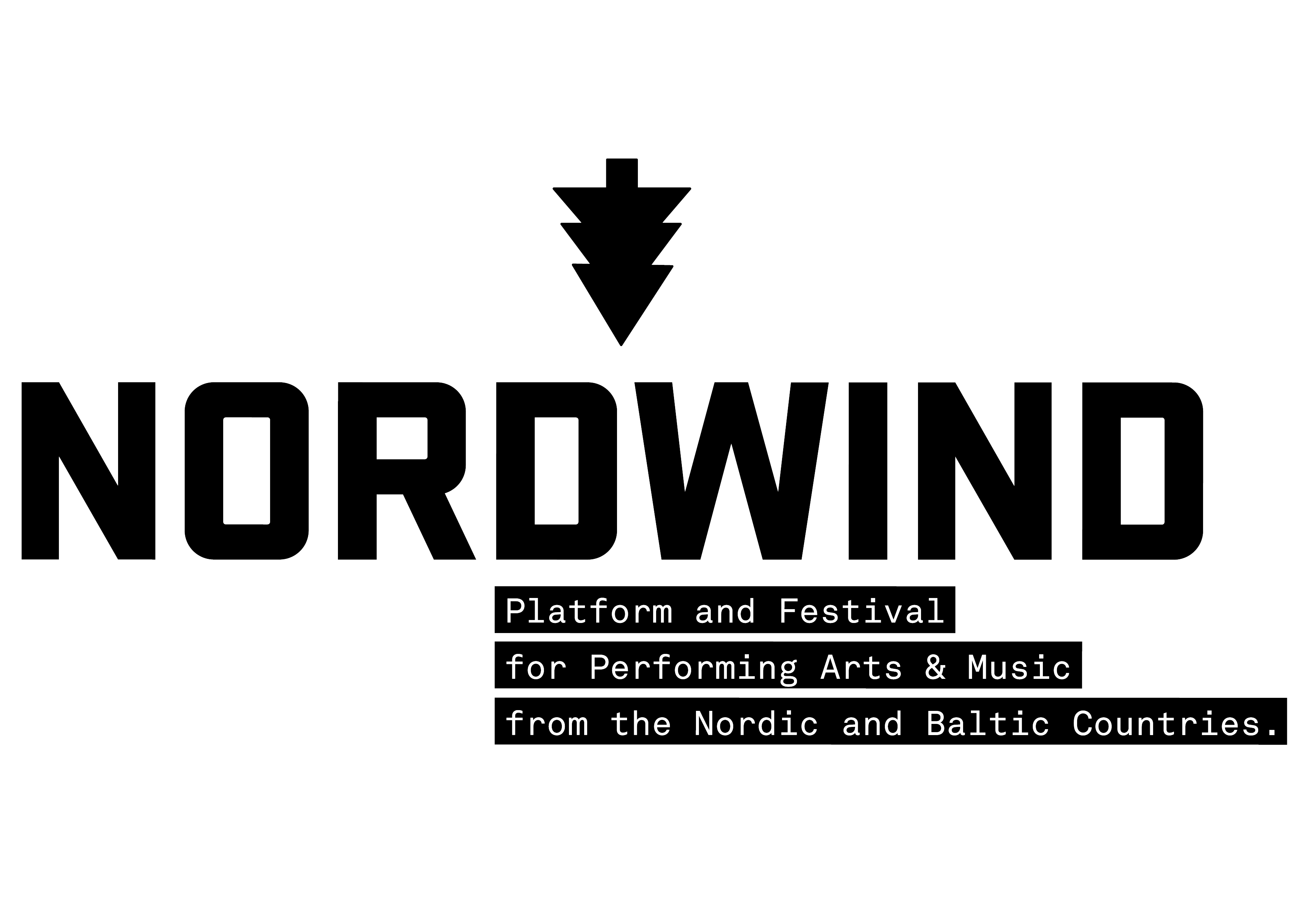
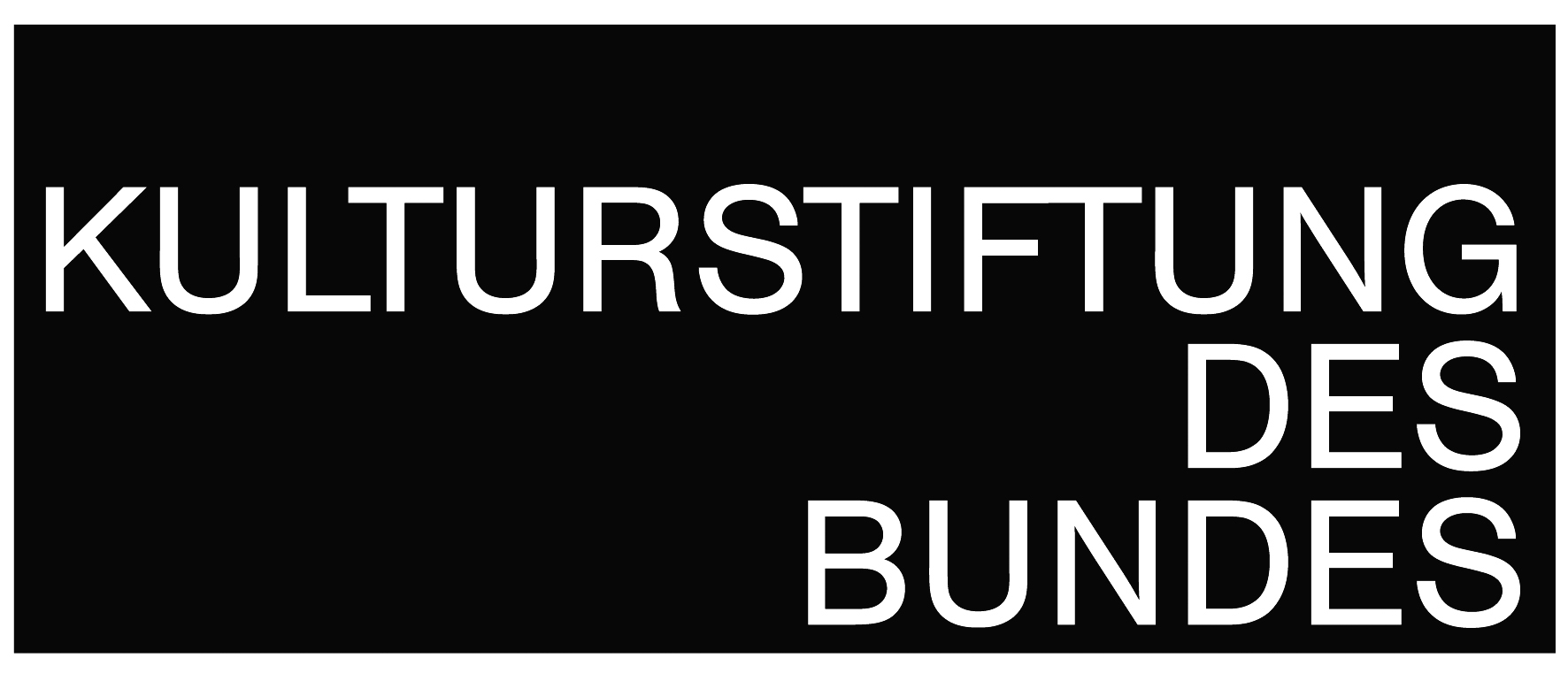
BALAGAN!!! SYMPOSIUM
AND PERFORMANCE BY SASHA PIROGOVA


 Back to Homepage
Back to Homepage